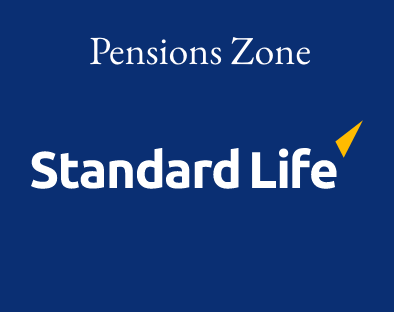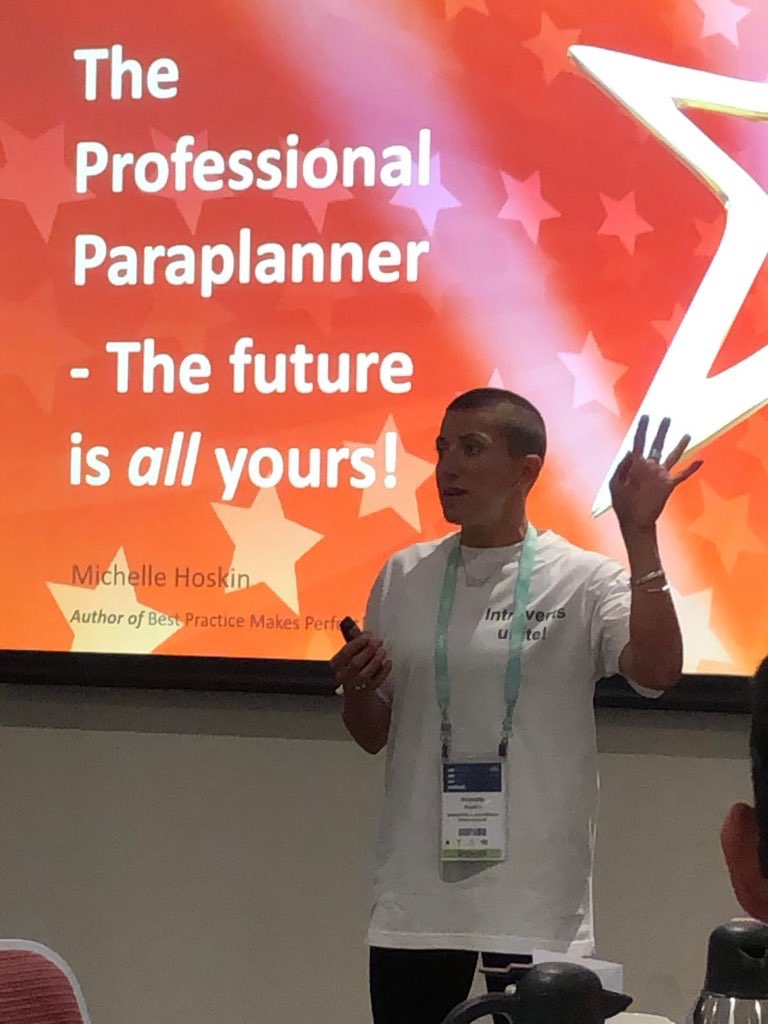Paraplanners are perfectly positioned to see where firms’ processes are working or not, which is why they should get involved in business improvement, says Michelle Hoskin, MD of Standards International.
This article was first published in the June issue of Professional Paraplanner.
As a paraplanner, you sit and work firmly at the coalface of the business. You interact with every aspect and element of daily client processes and, as such, this puts you in the perfect position to bring new and innovative ideas to the business as a whole.
However, often we can lack of confidence in putting forward suggestions and achieving the recognition that we deserve.
So, how can we bypass the need for a bucketload of confidence and replace it with a tried-and-tested process that is sure to elevate your value to the level you are 100% capable of contributing?
Process and service improvement are essential and any driven and thriving business should have a continual improvement policy and supporting process in place. So, here is your chance: if your business doesn’t have one, create one and suggest that it gets implemented.
Also, please don’t for a second think – “Well, they must have thought of this before” – because I can tell you that this is one of those magical processes that gets overlooked time and time again.
Continual improvement
All best practices and standards are built on a continual cycle of improvement (Deming’s cycle of Plan, Do, Check, Act – https://en.wikipedia.org/wiki/PDCA). The core objective and purpose of a continual improvement policy and its supporting procedures and documents are to ensure that any feedback (good or bad), complaints or service/process suggestions or improvements raised from ANY source, are correctly recorded and processed and that the necessary corrective action is effectively concluded.
In simple terms… if you get feedback that something is working really well then the process will support you to identify what made it work so well. That can be bottled and repeated over and over again. Conversely, if you get feedback that something didn’t go so well or didn’t work the way that it should, the process will allow you to identify the root cause of the problem and then fix it so that it doesn’t happen again.
Feedback vs complaints
There is a lot of misunderstanding about what feedback is and concern that when you do ask for it, it will only open up the opportunity for complaints. Of course, it won’t. All feedback is good feedback, regardless of whether it is positive or negative. We all need to get better, improve what we are doing, strive for better performance and keep moving forward – and we can only do that by asking for and joyfully receiving feedback from as many sources as we can.
“The purpose of information is not knowledge. It is being able to take the right action.” Peter Drucker.
First steps
You need to kick off with the policy itself. This should include:
- the objective of what you are trying to do;
- your firm’s position and thoughts around why continual improvement is so important;
- who is responsible for the process as a whole;
- and how the data is collected and then processed.
Then you need the means to obtain client feedback – email templates, surveying tools (we like SurveyMonkey or SmartSurvey) and the questions that you want to ask. A tip here – try to keep away from the standard ‘How did you find the advice?’ type of questions – they don’t work and won’t give you anything like the information that you are looking for.
Then agree at all key levels of the business how frequently the feedback will be reviewed and acted upon. We suggest this is done monthly and also should be part of management or board meetings.
Then you need your process: remember it is key to also capture the random and unexpected feedback that comes in. There is much to glean from this type of feedback as it comes very often unpromoted and with an authentic agenda.
Questions that can be asked of clients to get better feedback:
- Please tell us what you like most about us.
- Please describe any particular aspects of our service process that stood out for you.
- If you had to choose three words to describe our relationship, what would they be?
- What do you think is unique about us/our service?
- What do we do well?
- How good is our ability to anticipate your needs and proactively provide assistance?
- How satisfied are you with our team members’ skills in communication, responsiveness and follow through?
- Did you feel the right people dealt with you in the right way and at the right time?
- How do you rate our responsiveness in dealing with you?



























